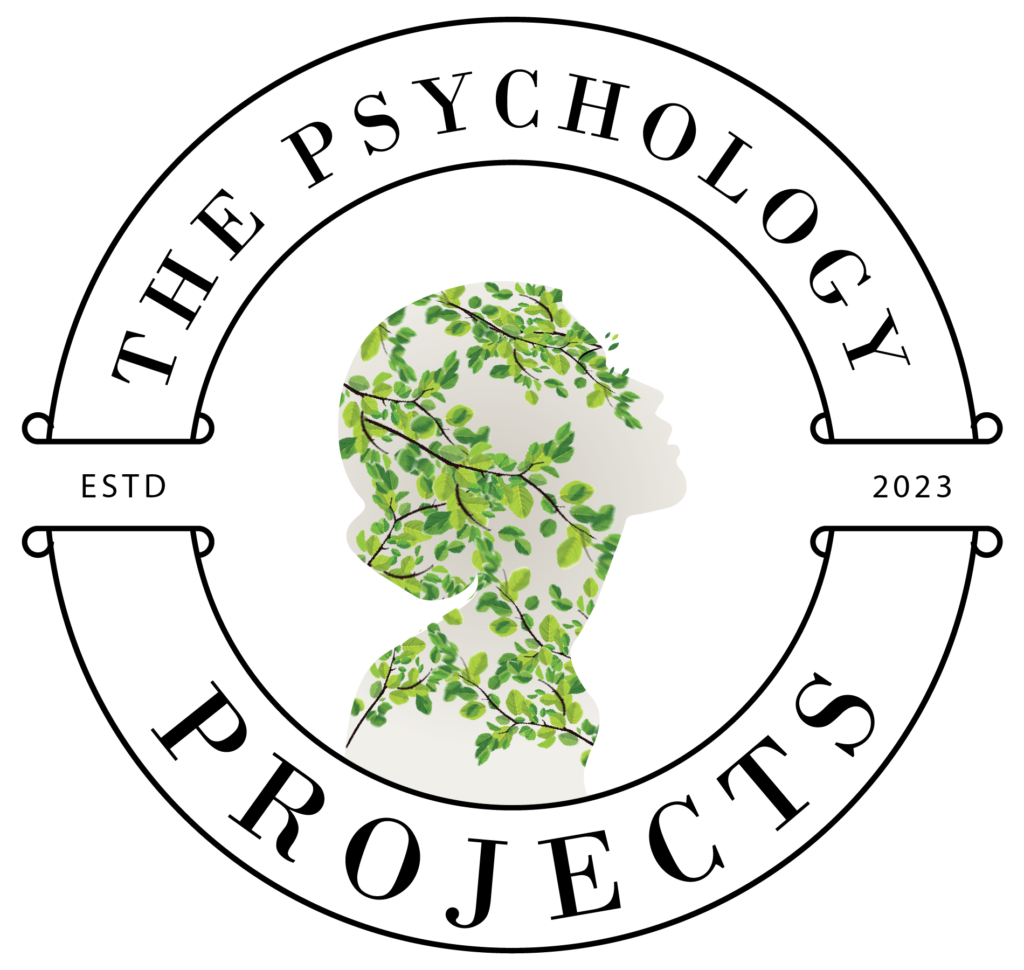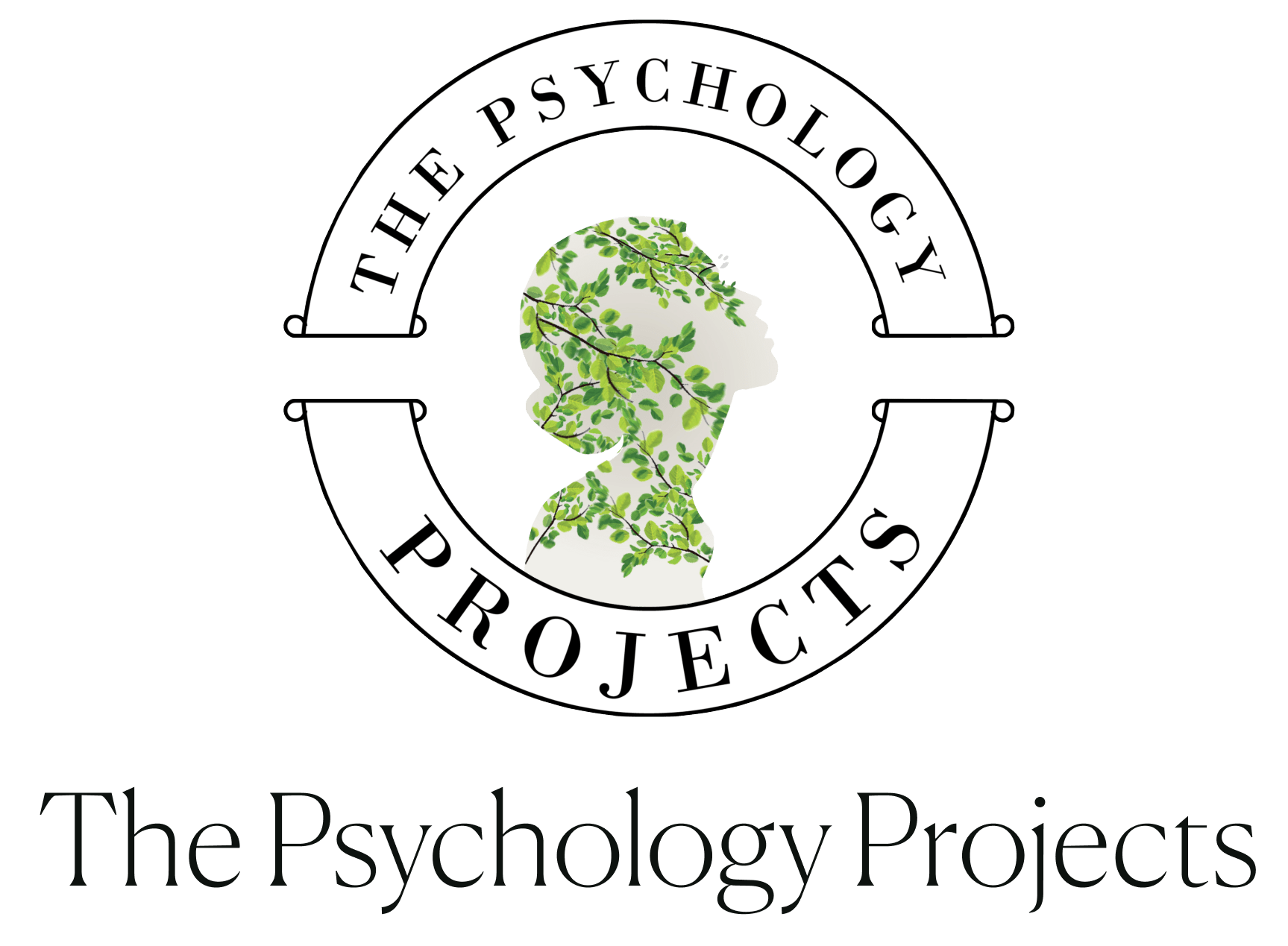The Beginners Guide to Meditation
Meditation
Meditation is a practice that has been around for thousands of years and has been shown to have a wide range of benefits for both physical and mental health. If you’re new to meditation, it can be overwhelming to know where to start. Here are some tips for getting started with meditation:
- Find a quiet and comfortable space: Choose a quiet space where you won’t be interrupted and can sit comfortably for a period of time. You may want to sit on a cushion or a chair and use blankets or pillows to support your back.
- Focus on your breath: Once you’re comfortable, close your eyes and focus on your breath. You can breathe in through your nose, out through your mouth, or in and out through your nose, whatever feels most comfortable for you.
- Notice your thoughts: As you focus on your breath, you will likely notice that your mind wanders. This is normal and expected. When you notice that your mind has wandered, simply acknowledge the thought and gently bring your focus back to your breath.

- Start with short sessions: If you’re new to meditation, it’s a good idea to start with short sessions, such as five or ten minutes at a time. You can gradually increase the length of your sessions as you become more comfortable with the practice.
- Practice regularly: The benefits of meditation come with regular practice, so making it a part of your daily routine is important. Even just a few minutes of meditation daily can make a big difference.
Remember that meditation is a practice, and it’s okay if it feels challenging at first. With time and practice, you’ll find that it becomes easier and that you start to experience the many benefits that meditation has to offer.
Informed Insights
Explore the Captivating Domain of Psychology Through our Journals Publications



